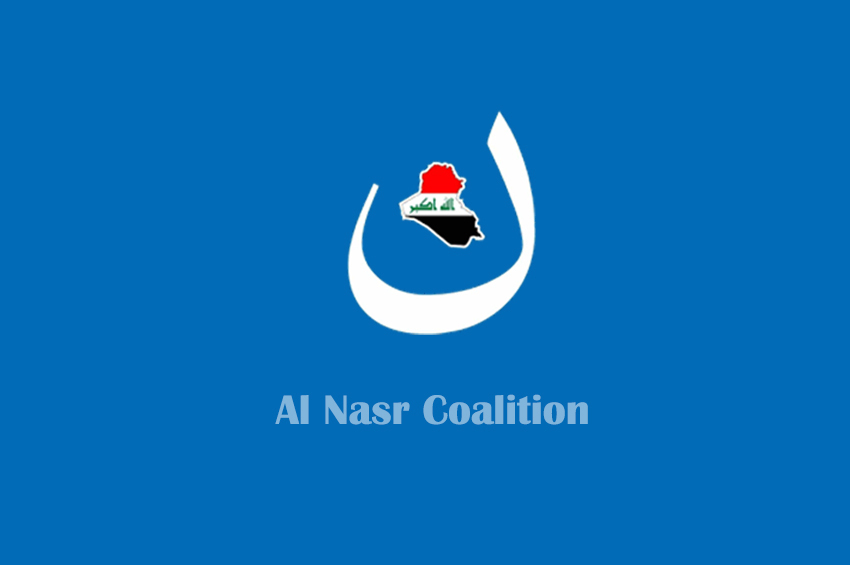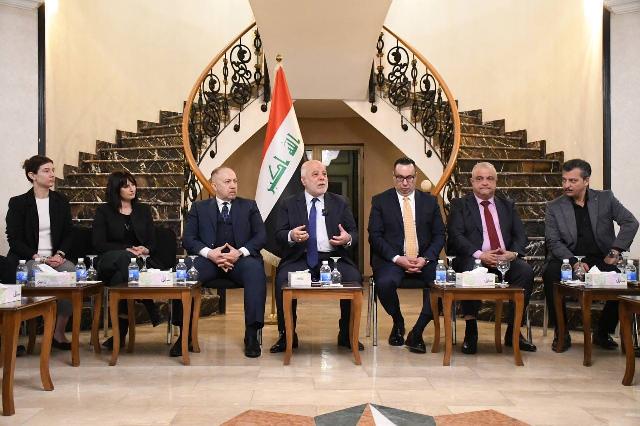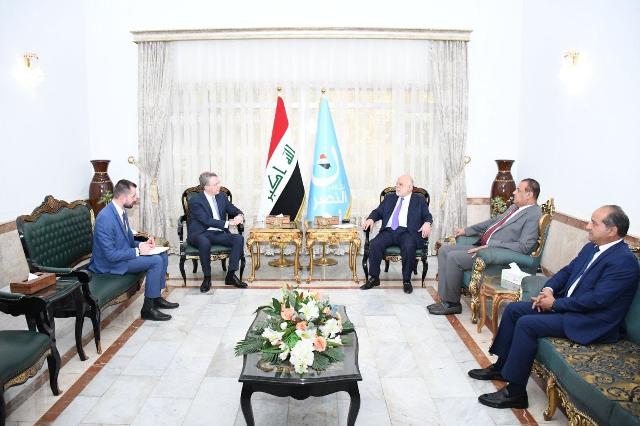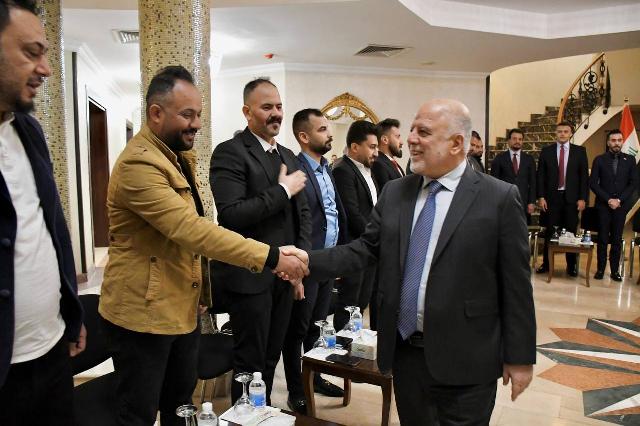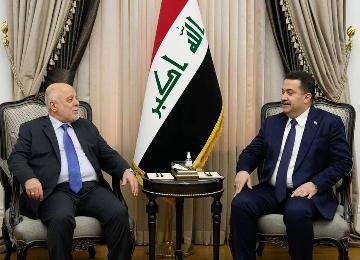With the start of the American-Iraqi (strategic dialogue) on 10-11/ 6/2020, Al Nasr Coalition confirmed, in a general statement, the following axes:
1-The dialogue should lead to serious negotiations with multiple files and levels that serve the supreme interests of Iraq, which should not be subject to the moods and agendas of any ethnicity, sect and party, as the supreme interests are not built according to sub-interests. And Iraq as a country desperately needs positive relations with the countries of the world because of their structural impact on its sovereignty, economy, and entity as a whole.
2-The Iraqi side should be ready for dialogue, by creating dialogue files according to (a systematic and conciliatory map) with a clear and comprehensive vision and positions, and that the dialogue should be based on a tripartite basis: Iraq's supreme interests, political realism, and overlapping interests.
3-It is not of the interest of Iraq to hostility any party, just as it is not of the interest of Iraq, the region, and the world that Iraq sides with any regional or international axis. The bias of Iraq leads to massive geopolitical polarizations and conflicts that threaten the unity of Iraq and the stability of the region. The central theory on which the Iraqi state builds on its external relations and its international regional role is: the theory of (The center Iraq) and not the Iraq of the parties or the subordinate Iraq.
4-The Iraqi issues of sovereignty, and political, economic, cultural, scientific interests are formed with all foreign countries according to the following factors: The unity of the Iraqi position, adopting the center Iraq theory, positive relations with all parties, non-alignment, neutralizing Iraq in the conflict of states, disengaging Iraq from the explosive regional files, a policy serving interests, and making the economy and citizens' interests the primary base of cooperation.
5-The issue of the foreign and American military presence in particular, was necessitated by the circumstances of the fight against ISIS and at the request of the government of Mr. Al-Maliki, and with the end of the battle, the government of Dr. Al-Abadi began with a timetable to reduce the number of these forces, but the government of Adel Abdul-Mahdi stopped the operation. Iraq today does not need this large number of forces, it only needs a limited number for the purposes of training, logistical and intelligence support to combat terrorism, which extends and interferes regionally and internationally, as Iraq needs international support in this regard. Determining the number and tasks of these forces is a bilateral agreement between Iraq and other countries, which the Iraqi government conducts according to security imperatives and the determinants of Iraqi sovereignty.
6-Iraq should rely on the broad axes of the strategic framework agreement with America voted by the Iraqi parliament in 2008, and not limit the relationship with it to only military or political affairs, by making the axes of the strategic agreement serve Iraq and assist in its economic, scientific and development renaissance, and the necessity of not subjecting the state interests to auctions that are not in the interest of the state development.
7-To enhance its centrality and neutrality, Iraq should open strategic dialogues with the countries of the region and the central countries of the world according to the same approach with the United States and others, to find solid partnerships that enhance its strength, development, and neutrality, in accordance with the requirements of its national interests and sovereignty.


